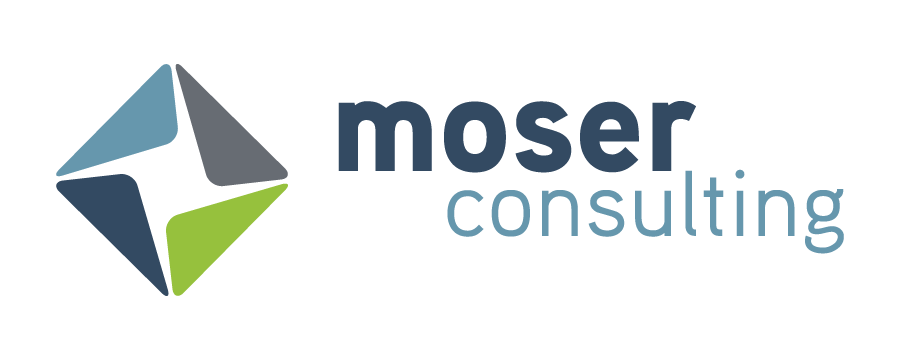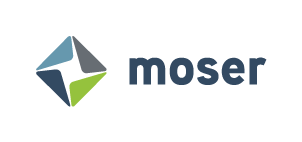Neurodiversity
It’s a term we hear more often now. Neurodiversity. But what does it mean? There are many different and complicated definitions. Simply put, it’s a word used to describe the unique way a person’s brain works.
Being neurodivergent means that your brain functions a little differently than someone with a neurotypical brain. This can mean anything from conditions like ADHD, cognitive delays, autism, dyslexia, or many other variations of the human brain.
We’ve begun making huge strides when it comes to how society views and offers resources to neurodiverse individuals. If we look at school age children, you can find many programs that were not available in the past. Special Olympics, Unified Sports, Best Buddies, and Gigi’s Playhouse are a few of the amazing programs that integrate neurodivergent children with their peers or provide services. You haven’t witnessed true joy until you’ve seen a child’s smile when he finishes a race with a peer on his Unified track team. Even if we look at the college level, there are programs now available to individuals who may not have had higher education as an option before. The Erskin Green Training Institute, Pacer’s National Center for Transition and Employment, Clemson University, and many other colleges and universities are now offering programs for students with learning disabilities, who desire a higher education after high school even if they are not able to earn a diploma like their peers. The impact this makes on the lives of those individuals is immeasurable.
In the game of life, those who remain coachable are the ones who continually rise to new levels of greatness.
- Tony Robbins
What about in the workplace? What can organizations do to improve the lives of their neurodivergent employees? They can start with the interview process. This can be intimidating for some neurodiverse candidates. They can do the initial screening by email instead of phone, give them the option of recording responses in a video, or simply provide them time to explain their challenges. Once hired, organizations can improve the culture by providing a safe space and opportunities for employees to provide information about what makes them feel comfortable. Providing quiet workspaces, flexible work hours, and remote work options are all things that can help ease anxiety. Often, employees don’t feel comfortable talking to their employer about their diagnoses. The ability to work from home or in a quiet space, away from the sensory overload of bright florescent lighting, the ticking of a clock, strong smells from the lunch room, or their co-worker’s music may be what they need to be productive.
The one who follows the crowd will usually go no further than the crowd. Those who walk alone are likely to find themselves in places no one has ever seen before.
- Albert Einstein
So why is it important that organizations hire neurodivergent individuals? This article from Forbes magazine does a great job of highlighting some of the reasons. It states, “Neurodiverse employees often have great attention to detail and are able to stay focused on their tasks. JPMorgan Chase created an Autism at Work initiative and found that their neurodiverse hires were, on average, 90% to 140% more productive than employees who had been at the company for five or 10 years.” They also tend to be loyal employees and have a high retention rate.
We have come a long way in understanding those who are neurodivergent and that they may need some accommodations, but we still have room for improvement. They can contribute in ways that others may not be able to. By embracing their unique gifts we will likely find they improve the overall culture of the company.
If you are always trying to be normal, you will never know how amazing you can be.


